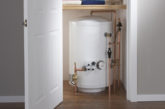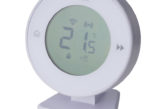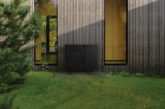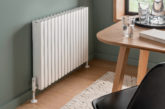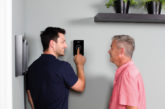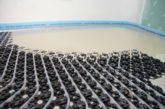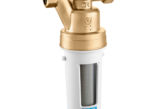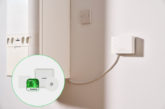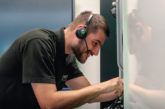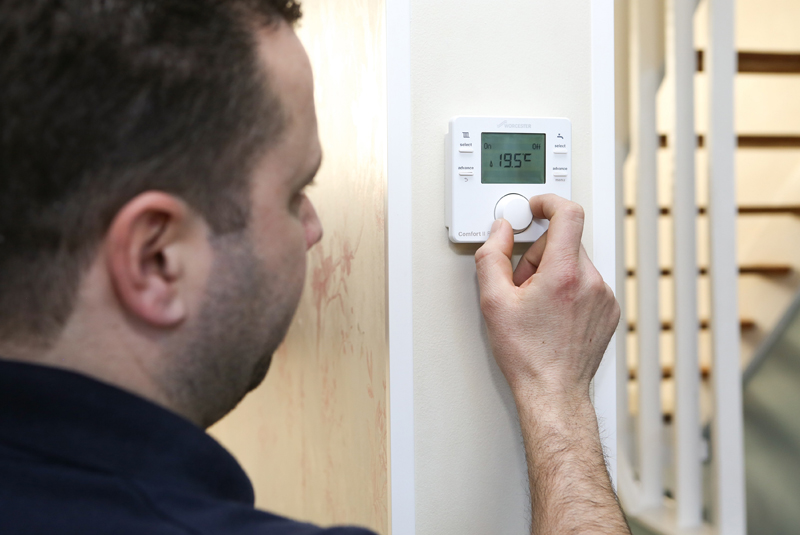
With installers more frequently being asked by their customers about smart technology, such as Radio Frequency (RF) controls, Worcester Bosch is reminding installers of what should be considered during installation to avoid call backs.
Martyn Bridges, Director of Marketing and Technical Support at Worcester, Bosch Group explained: The “smart home” is well and truly here, and in recent years, RF controls have become increasingly popular.
“Whilst robust, these technologies aren’t infallible, and like many digital devices, communication between the transmitter and receiver of an RF heating control can be affected by a host of aspects – a key one being location within the home. To help resolve troublesome issues with this wireless technology, heating engineers should take note of these simple steps that should be followed.”
Have you tried turning it off and on again?
Often, in the rush to troubleshoot a problem, we’re all guilty of having overlooked the simplest solution – and this can sometimes be the best one.
Batteries should, in fact, be the first things checked. Even a set that is not fully depleted will weaken the signal, and cause a lack of communication between the transmitter and the receiver.
A conflict of signals
Nowadays, an average household is full of RF devices, meaning there is the potential for the transmitter’s signal to be interrupted by a signal from another RF unit.
If the signal from the transmitter is frequently being interrupted, installers should see whether a pattern can be established. If one doesn’t materialise, then RF readers can provide a clear idea of where a conflicting signal may be coming from.
Tough as steel
The building itself can also cause disruption, and steel layers within the wall construction, plasterboards with foil linings, and rolled steel joists (RSJs) can all act as a barrier to a radio signal.
Distance also plays a part, and the more walls that a radio signal must pass through, the weaker it will become.
The right reading?
A final consideration is to analyse the environment in which the transmitter is located, as it may not be representative of the temperature of the house as a whole. If the transmitter is kept in a room where there are additional sources of heat, such as a gas fire or even sunlight, it won’t fire up the boiler even if the rest of the house is cold, making location a crucial consideration for heating engineers during installation.
For more information, visit: www.worcester-bosch.co.uk, or contact the dedicated Controls & Connectivity team on 0330 123 3366.


